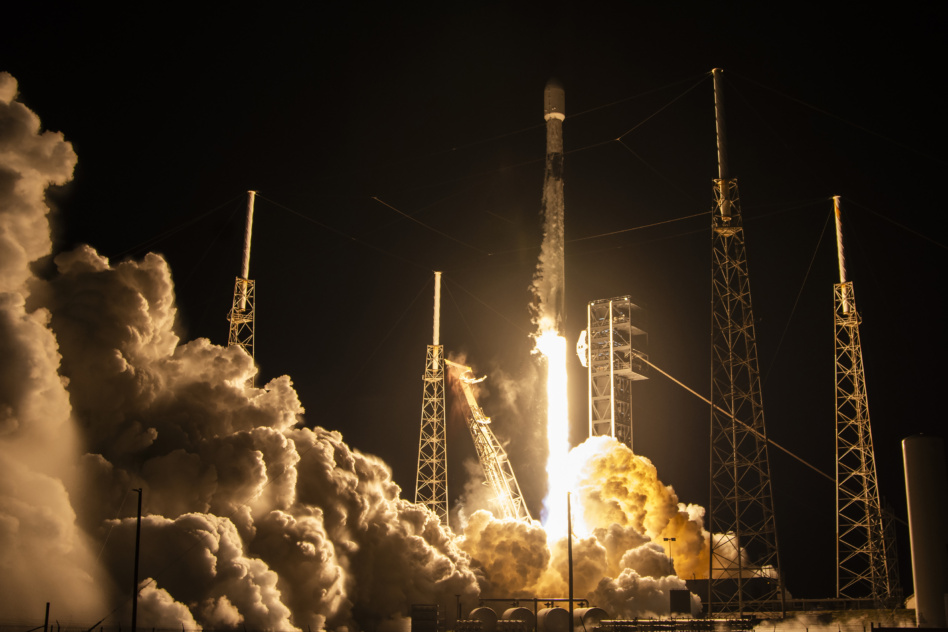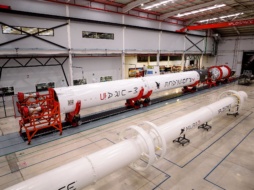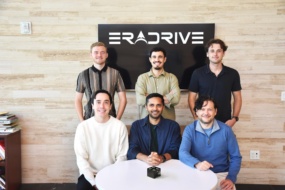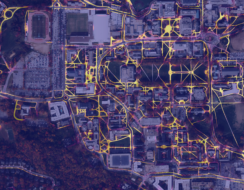A Falcon 9 rocket lifted off the pad at Cape Canaveral Space Force Station in the early hours of Sunday morning with a pair of next-gen payloads on board
In total, the flight brought 18 payloads to mid-inclination orbit, including many repeat customers, as part of SpaceX’s fourth Bandwagon rideshare mission in less than two years.
The manifest: On board the flight were two notable technologies flying for the first time:
- The first iteration of an orbital AI data center from Washington-based startup Starcloud, which is carrying a NVIDIA ($NVDA) GPU to run AI models in space. This flight sets the stage for Starcloud’s first commercial satellite—Starcloud-2—which is scheduled to offer 24/7 data center access beginning in 2026.
- The first demo hardware from Vast is attempting to validate many of the technologies that will fly on the company’s first commercial space station, Haven-1, which is expected to launch as early as next year. Vast’s Haven Demo will test the future space station’s propulsion, flight computers, and navigational systems.
Joining the flock: The flight wasn’t all new tech, however, and many of the payloads deployed on orbit yesterday were part of larger constellations.
- South Korea’s Agency for Defense Development deployed the fifth and final satellite as part of the nation’s 425 Project, a constellation now consisting of four SAR sats and one electro-optical/infrared sat.
- Space42, the UAE-based company, launched three ICEYE SAR sats.
- Tomorrow.io launched a pair of AI powered weather detecting satellites.
Turkish delights: Also onboard the Bandwagon flight were a handful of satellites from Turkey, including four IoT picosats developed by Gumush Aerospace, as well as the second GPS satellite from Fergani Space, which hopes to launch a 100-sat constellation within the next five years.




